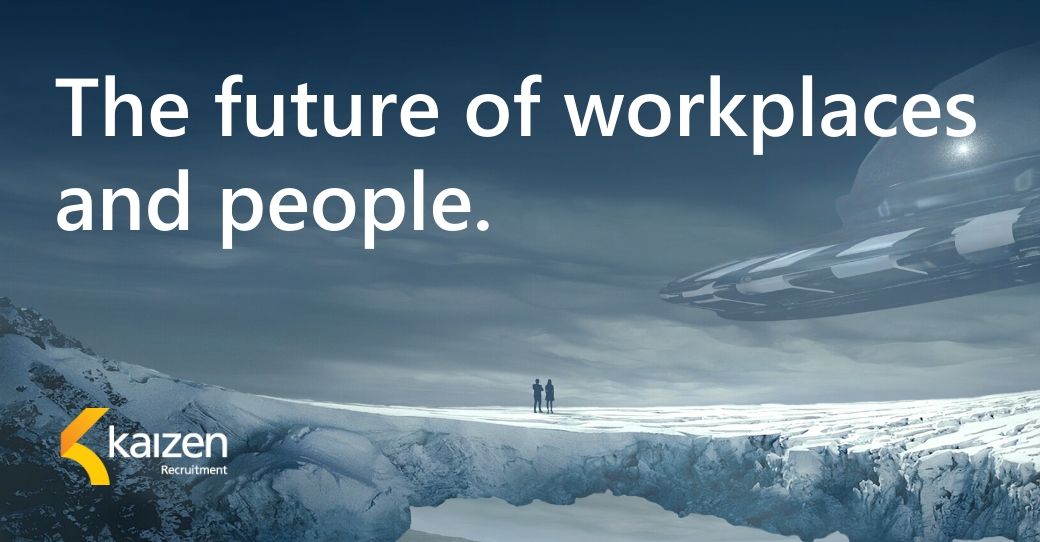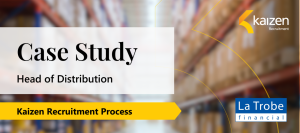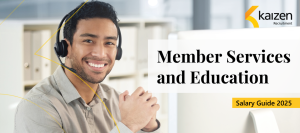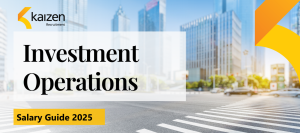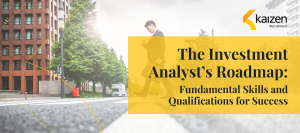Human Resources Leaders on the Future of Workplaces and People
Kaizen Recruitment hosted its third human resources leaders’ roundtable last week which was chaired by Johanna Neilsen, Head of People at Victorian Funds Management Corporation. In attendance were senior HR professionals across funds management, asset consulting, superannuation and wealth management.
The agenda centred around COVID-19 impacts and how this has affected workplaces and people. From these learnings, we explored what we might wish to keep, introduce, or leave behind and how we might look to embed these learnings when implementing the return to ‘normalcy’.
LEARNINGS
Working from home is more effective than previously imagined
The myth associated with a loss or lack of productivity and accountability as a result of working from home has well and truly been dispelled. Remote learning challenged this concept, however with restrictions easing, many parents, including yours truly, have a solid red marker boldly circled around June 9 on their wall calendar.
Technology offers time and financial economies
Technology has proven to be a capable enabler of keeping peers and teams connected, with the most obvious benefits being the removal of borders, creating efficiencies of time and costs associated with work-related travel.
Access to most online meeting platforms come at a relatively low cost. Further, savings may be realised for organisations open to expanding on their working from home policy that will no doubt reduce the need for office space and longer-term tenancy arrangements.
The benefits of technology outweigh occasional frustrations
There is no doubt that online technology comes with a dose of frustration when it plays up. However, the overriding feeling is that technology has dramatically and positively accelerated the evolution of how we will conduct business in the future.
Distance has brought colleagues closer together
We have learnt more about each other as colleagues over the past months than ever before. A big part of this shift can be attributed to people’s willingness to allow each other into their homes via online platforms. It was agreed that as a humanity and community, it will be important to maintain an open-minded, compassionate and adaptable mindset to changing circumstances with a need to promote belonging, shared purpose and connectedness.
KEEP
Technology
Staying connected via technology has been successful with benefits being measurable and tangible.
Physical connectedness
In contradiction to this, it will still be important to meet in person to build and maintain trusted relationships albeit with a new set of rules around social etiquette.
Flexible working arrangements
Businesses must continue to support a balance between the personal and professional needs of every employee.
INTRODUCE
Psychological safety framework
In planning a return to office roadmap, the creation of a psychological safety framework will enable businesses to individually assess each employee in consideration of health and mental well-being and how this relates and aligns to the overall business needs.
Compressed or flex hours
Consideration to different ways of working such as compressed or flex hours for those employees willing and able to operate in their role outside of traditional office hours.
Skills to support remote leadership
Building leadership skills for a more distributed workforce to assist leaders in remotely managing high functioning and connected teams.
Robust remote onboarding
Defining a more robust induction and onboarding experience for new staff to ensure feelings of isolation and disconnectedness are addressed from the onset.
LEAVE BEHIND
Hot desking
Hot desking will most likely become a thing of the past with physical distancing measures looking like they are here to stay in tandem with a bigger focus on personal and environmental hygiene practices, at least until a vaccine is developed.
Unnecessary or long commutes
Unnecessary commute to and from work is one of the main concerns expressed by people, including the use of public transport especially while coronavirus remains present in the community.
Non-essential work-related travel
Taking people away from their families, homes and the office can be scaled back to ‘essential’ travel.
High rents and inflexible landlords
Long-term, inflexible and costly tenancy arrangements.
RETURNING TO ‘NORMALCY’
The road back to the ‘office’ suddenly means different things to us all. A one-size-fits-all approach is unlikely to work as each organisation will need to put in place a plan that best suits its people whilst still delivering business objectives.
Some organisations are considering taking a (bi)weekly rotational team-based approach to working from home and in the office with others beginning to ask their staff to opt-in to returning to the office.
Another approach taken from scientific/medical research suggests that working in the office for four days followed by 10 days working from home could be a template for managing risks linked to the incubation period and potential spread of Covid-19.
Whatever the plan, there was a consistent view that employee engagement on this matter is paramount to ensure that physical and mental well-being are at the heart of the decision-making process.
On behalf of Kaizen Recruitment, I would like to thank Johanna Neilson for her preparatory efforts and for chairing the session. Thank you sincerely to our guests for their participation and generous exchange of ideas and opinions.
Regards,
Chris Goulas – Principal Consultant & Human Resources Lead
Kaizen Recruitment specialises financial services recruitment across funds management, wealth management, superannuation, investment consulting and insurance. We are based in Melbourne and Sydney. For assistance or further information please telephone our office at +61 3 9095 7157 or submit an online form.
Like what you see?
Please feel welcome to join
Kaizen Recruitment’s mailing list
